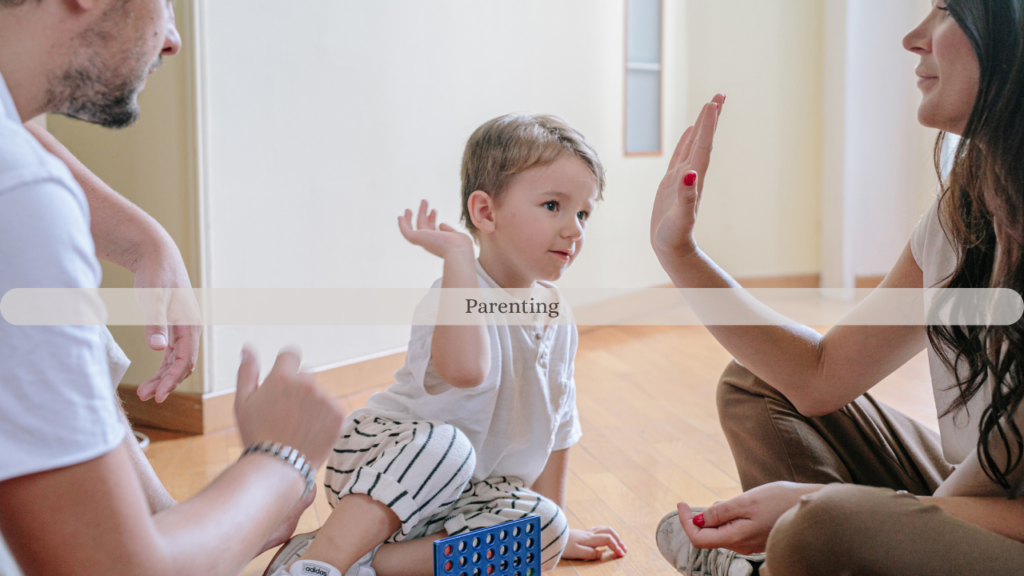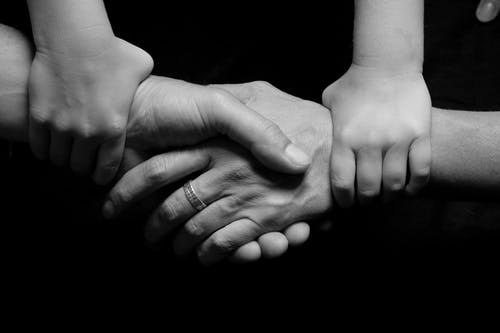
Parenting is one of life’s most rewarding yet challenging roles. For parents battling addiction, the challenges often feel insurmountable. Addiction creates a barrier between parent and child, replacing connection with chaos and love with neglect. However, breaking free from addiction provides an opportunity to transform not only oneself but also the parent-child relationship. Parenting without substance allows for a renewed focus on love, trust, and connection, creating a healthier and happier family dynamic.
The Effects of Addiction on Parenting
Addiction disrupts the ability to parent effectively. Substance use often consumes time, energy, and resources that should be devoted to a child’s well-being. Parents may become emotionally unavailable, inconsistent, or unpredictable, leaving children feeling insecure or neglected.
Children of parents struggling with addiction often experience a range of negative outcomes, including anxiety, depression, and difficulty forming healthy relationships. They may also develop feelings of guilt, believing they are somehow responsible for their parent’s behavior. The lack of stability and nurturing during crucial developmental years can have lasting effects on a child’s emotional health and future success.
Choosing Sobriety: The First Step Toward Connection
The journey toward substance-free parenting begins with the decision to seek help. This is a courageous choice that prioritizes both personal health and the well-being of one’s children. Recovery is not an easy road, but it opens the door to healing and reconnection.
- Acknowledging the Impact: Recognizing how addiction has affected your ability to parent is an essential first step. This self-awareness fosters accountability and a genuine desire to repair relationships.
- Seeking Support: Recovery is a team effort. Professional treatment, therapy, and support groups can provide the tools needed to maintain sobriety and address the emotional wounds caused by addiction. Family therapy can be particularly helpful in mending broken relationships and rebuilding trust.
- Establishing Stability: Sobriety allows parents to create a more predictable and stable home environment. Routines, clear boundaries, and consistent behavior help children feel safe and secure, laying the foundation for stronger connections.
Rebuilding Relationships with Your Children
Once the haze of addiction clears, parents can begin the process of reconnecting with their children. This journey requires patience, honesty, and commitment.
- Open Communication: Be honest with your children in an age-appropriate way about your struggles and recovery. Transparency helps rebuild trust and shows them that you are committed to change.
- Quality Time: Spend time engaging in meaningful activities with your children. Whether it’s reading, playing, or simply talking, these moments foster a deeper bond.
- Emotional Availability: Sobriety enables parents to be fully present, offering emotional support and understanding that children crave.
The Transformative Power of Substance-Free Parenting
As sobriety becomes a way of life, the transformation in the parent-child relationship is profound. Parents rediscover the joys of raising children, while children benefit from the stability and love they need to thrive. The journey from addiction to connection is not just about repairing the past; it’s about creating a brighter future for the entire family.
Sobriety also sets a powerful example for children. Witnessing their parent overcome challenges and choose a healthier path teaches resilience, accountability, and the value of self-care.
Conclusion
Parenting without substance is a journey of healing and growth. It’s about more than breaking free from addiction—it’s about reclaiming the joy and responsibility of raising children with love, compassion, and connection. Though the road may be challenging, the rewards are immeasurable: a stronger bond with your children, a healthier family dynamic, and the opportunity to leave a legacy of resilience and hope.






